"EU deal means lower duty, higher production"
The EU Integration Office estimates that Serbia will receive EUR 150mn less in customs duties by unilaterally implementing the Interim Trade Agreement.
Sunday, 19.10.2008.
14:35

The EU Integration Office estimates that Serbia will receive EUR 150mn less in customs duties by unilaterally implementing the Interim Trade Agreement. However, it is added that this will be offset by production growth. "EU deal means lower duty, higher production" Deputy prime ministerial adviser for industry and finance Goran Radosavljevic told Beta that the reductions in customs revenue in the first year of the agreement’s application would be around EUR 130mn for industrial goods and about EUR 20mn for agriculture. However, he predicted that overall losses would be three to four times smaller as more VAT and duty would be paid on the basis of a rise in production and increased imports of raw material. “A large amount of customs on food and agricultural goods, around 23 percent, will remain even after the sixth year of application of the agreement. The process of reduction itself is slow in the first year, because the reductions will range from 5 to 20 percent,” Radosavljevic explained. Import duty on textiles from the EU had been scrapped on January 1, 2008, said the adviser, on the basis of the Free Trade in Textiles Agreement with the EU, signed in July 2005. He said that in the first year of application, starting on January 1, 2009, duty on raw materials and repromaterials would be cut by 30 percent, while duty on high-range processed goods would be cut by 20 percent. Radosavljevic said that thanks to application of the Interim Agreement with the EU, Serbian industry would have cheaper raw materials and production equipment, while import procedures would also be streamlined. “That will increase Serbian industry’s competitiveness on the international market,” the adviser said. The risk, he said, was that certain companies would fail to raise competitiveness and would be threatened by the arrival of foreign competition on the Serbian market, but the adaptation period was enough for industry to prepare for the arrival of competition from the EU. At its cabinet meeting on Thursday, the government decided to begin unilateral implementation of the Interim Trade Agreement with the EU from January 1, in order to reduce the priod between application of the agreement and receiving EU candidate status. Deputy Prime Minister Bozidar Djelic said that he expected Serbia to receive candidate status in 2009, and become a fully-fledged member in 2014.
"EU deal means lower duty, higher production"
Deputy prime ministerial adviser for industry and finance Goran Radosavljević told Beta that the reductions in customs revenue in the first year of the agreement’s application would be around EUR 130mn for industrial goods and about EUR 20mn for agriculture.However, he predicted that overall losses would be three to four times smaller as more VAT and duty would be paid on the basis of a rise in production and increased imports of raw material.
“A large amount of customs on food and agricultural goods, around 23 percent, will remain even after the sixth year of application of the agreement. The process of reduction itself is slow in the first year, because the reductions will range from 5 to 20 percent,” Radosavljević explained.
Import duty on textiles from the EU had been scrapped on January 1, 2008, said the adviser, on the basis of the Free Trade in Textiles Agreement with the EU, signed in July 2005.
He said that in the first year of application, starting on January 1, 2009, duty on raw materials and repromaterials would be cut by 30 percent, while duty on high-range processed goods would be cut by 20 percent.
Radosavljević said that thanks to application of the Interim Agreement with the EU, Serbian industry would have cheaper raw materials and production equipment, while import procedures would also be streamlined.
“That will increase Serbian industry’s competitiveness on the international market,” the adviser said.
The risk, he said, was that certain companies would fail to raise competitiveness and would be threatened by the arrival of foreign competition on the Serbian market, but the adaptation period was enough for industry to prepare for the arrival of competition from the EU.
At its cabinet meeting on Thursday, the government decided to begin unilateral implementation of the Interim Trade Agreement with the EU from January 1, in order to reduce the priod between application of the agreement and receiving EU candidate status.
Deputy Prime Minister Božidar Đelić said that he expected Serbia to receive candidate status in 2009, and become a fully-fledged member in 2014.












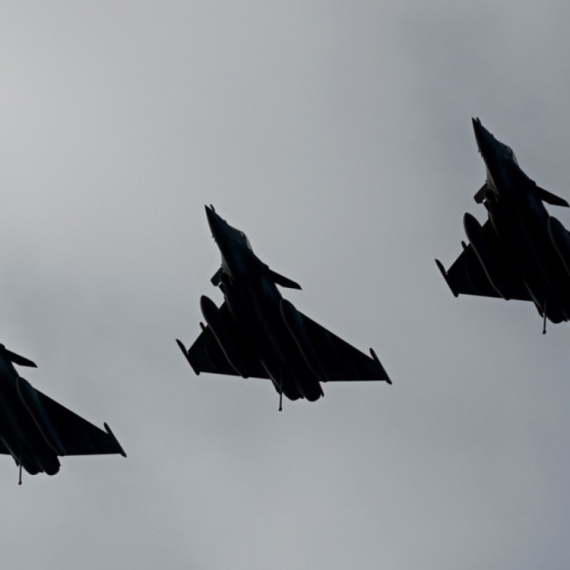


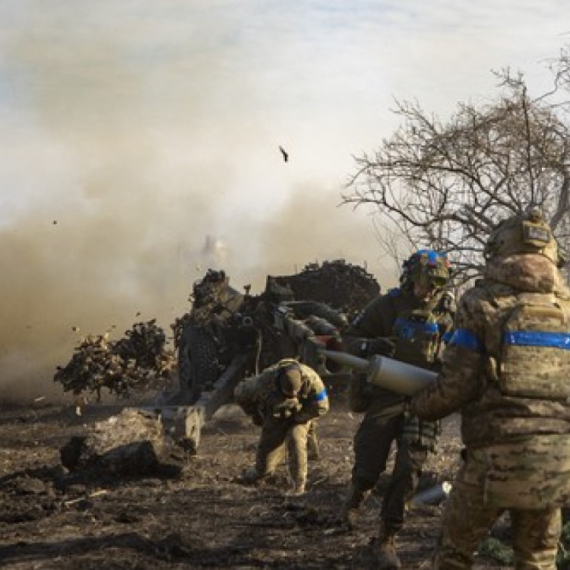
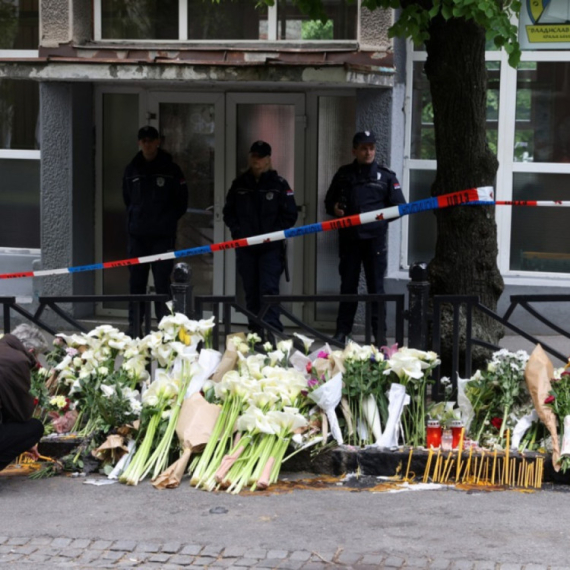
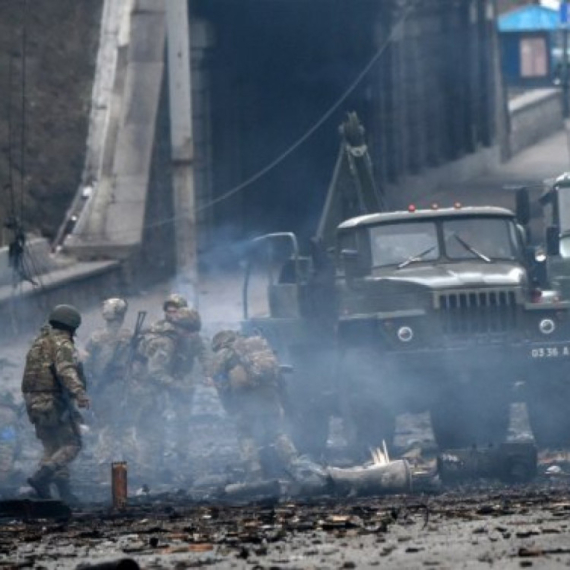
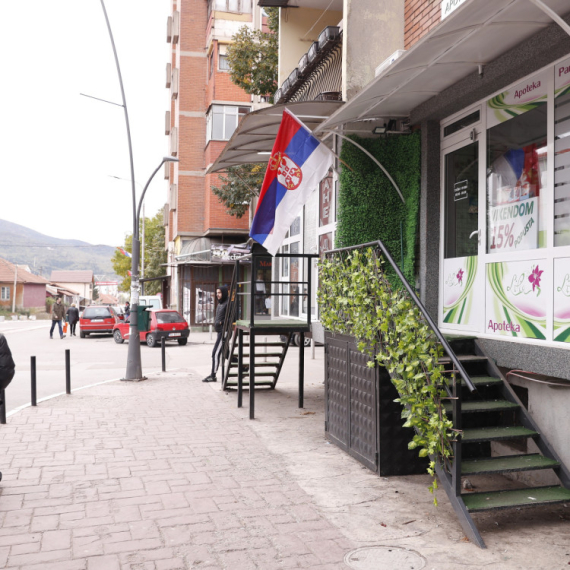


































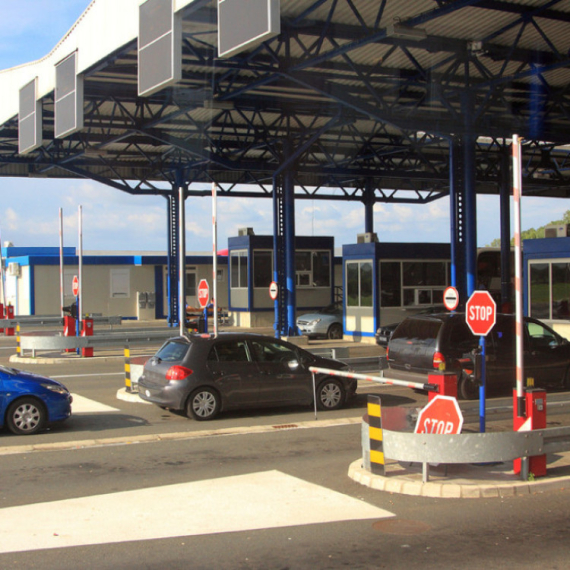






Komentari 1
Pogledaj komentare